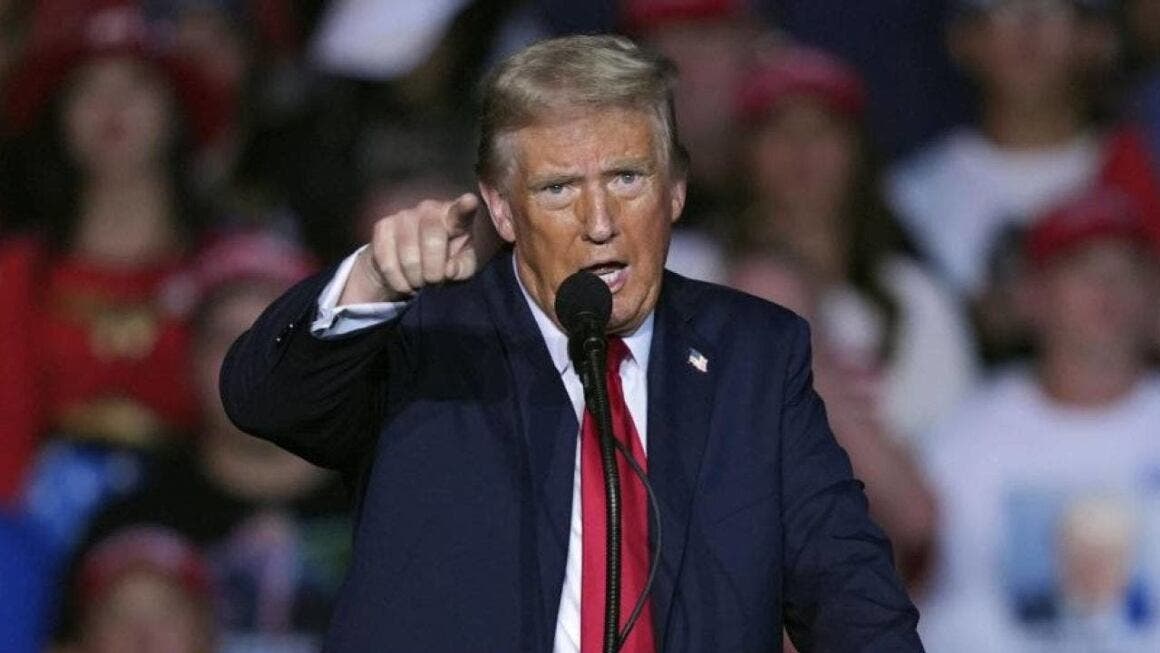The U.S. presidential election has cascading repercussions across some sectors worldwide. This naturally extends to the automotive industry, where the United States represents one of the most important global markets. U.S. policy still heavily influences decisions made in other parts of the world, consequently the 47th president, Donald Trump, could drastically alter the plans of both American and non-American car manufacturers. Among these is Stellantis, which lately hasn’t been performing well in the U.S. market.
Could Donald Trump disrupt Stellantis’s plans?

Many fear that Donald Trump‘s victory will impact the automotive world. While this is certainly true, the question is how. During the election campaign, the future of the automotive sector was repeatedly addressed by the new American president. In particular, the discussion focused mainly on electric vehicles and protectionism for American products.
Trump has been highly critical of electric mobility in the past, going so far as to say that electric vehicle supporters should “rot in hell.” His views put him in stark contrast with the Biden administration, which invested billions of dollars in the electric vehicle sector, a path that would have been continued by Kamala Harris.
However, Trump‘s position on electric vehicles seems to have softened since summer, likely due in part to Tesla CEO Elon Musk‘s open support of his candidacy: “I’m in favor of electric cars, I have to be because Elon strongly supported me,” Trump said at a recent rally, acknowledging that electric vehicles are suitable for a “small segment” of the population. The idea remains to give citizens freedom of choice: “We would like every imaginable car to be available.”

The Biden administration introduced 100% tariffs on electric vehicles produced in China, effectively excluding them from the U.S. market. During the campaign, Trump promised to impose tariffs on Chinese cars produced in Mexico as well, to prevent China from shipping cars and components to the United States through Mexico.
But that’s not all, as Trump threatened Stellantis with the same treatment if the automotive group moves production of its American brands to Mexico: “If they plan to move to Mexico, we would impose 100% tariffs on every vehicle sold,” Trump declared. He also added that he would welcome any foreign car manufacturer willing to increase production in the United States, with discounts on taxes, energy costs, and bureaucracy.

